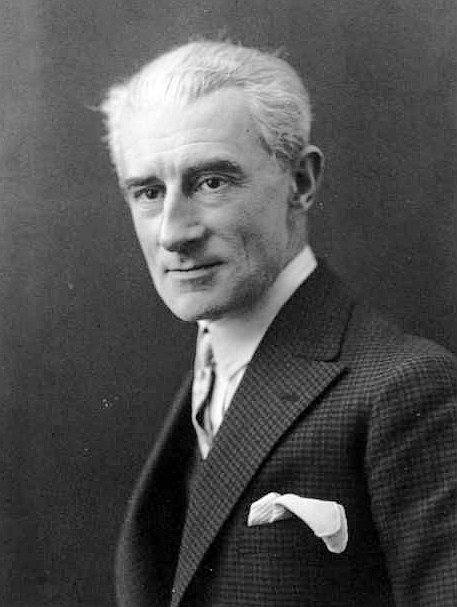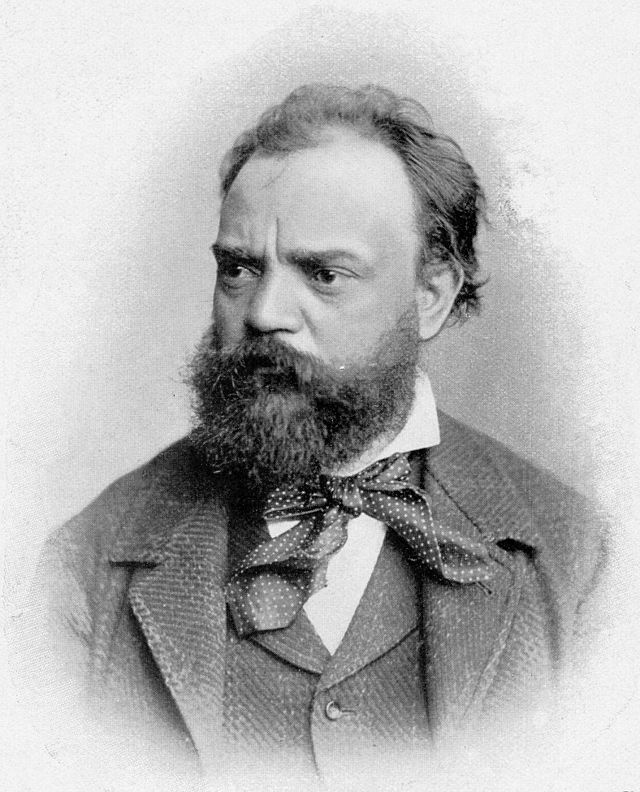Philomusica Plays Two Crowd Pleasers
Ravel and Dvorak quartets are familiar, well-loved and quite different from each other.
The Philomusica Quartet, will perform at the Wisconsin Conservatory of Music next Monday evening in a concert featuring popular major quartets by Ravel and Dvorák. The Philomusica (violinists Jeanyi Kim and Alexander Mandl, violist Nathan Hackett and cellist Adrien Zitoun) began its second season this October as a quartet in-residence at Wisconsin Lutheran College. They return to their original home for a single performance this season.
Maurice Ravel‘s only string quartet and Dvorak’s “American” quartet are familiar and well-loved works. But the Philomusica, working through the quartet literature over eight years, has not performed either work since their first years as an ensemble.
Ravel’s Quartet in F major (1903) displays the color of impressionist composition, but more discipline than Debussy’s contemporaneous string quartet. Each were inspired by recent Parisian World Fairs to incorporate Asian-influenced pentatonic scales in their work.
A sonata-form first movement follows a traditional development structure, although adding clarity by use of simple harmonies such as sections where first violin and viola play two octaves apart. That is followed by an organic scherzo with pizzicato color and mixed time signatures that suggests a Javanese gamelan orchestra. The slow movement recalls earlier themes within a improvisational atmosphere, revealing Ravel’s skill at finding unexpected colors in his compositions. The rondo finale opens with stormy passages, shimmering strings and brief moments of calm, recalling other sections.
Mandl describes Ravel’s approach to unique harmonies. “He plays around with the timbres. In numerous sections the viola plays in a higher range than the violin.” Voices breathe as “middle lines converge and diverge.”
Antonín Dvorák‘s String Quartet in F major, op. 96, “American,” composed in 1893, reflected his contribution to a search for an American voice in classical music. As an established composer, Dvorák was invited to lead a new National Conservatory in New York City in 1892. His sponsors challenged him to explore American roots. Dvorák found inspiration in African-American and Native-American music. Spending a summer in Spillville, Iowa (a Czech-Amerian community), he wrote his “New World Symphony” drawing upon those traditions. During a three day train ride returning to New York, he sketched an entire string quartet Even the pulse of the moving train is reflected in the work. Despite the success of his efforts, the evolution of an American style of classical music languished for a time after that. American classical music did not really achieve focus until the 1930s.
A characteristic, unifying element throughout the quartet is Dvorák’s use of the pentatonic scale. That open, simple character is frequently identified with American folk music. However, the pentatonic scale is common in many ethnic musics worldwide. Mandl suggests similar approaches in Scottish Irish fiddle tunes, Black spirituals and Bohemian folksongs. This quartet may not use any borrowed melodies, but is a fusion of sounds in Dvorak’s own voice.
The second slow movement stands out – a lament, or prayer, that Mandl feels was influenced by the status of the American Indian at that point in the Midwest.
Actually, one borrowed melody may be found – a transcribed song of the scarlet tanager. The bird song appears as a high, interrupting strain in the first violin part in the third movement.
Mandl contrasts Boccherini’s Italian style with the Germanic elements of Haydn’s work. A last movement fugue displays a “delightful and transparent manner. The voices never get thick.”
Philomusica will play in the Helen Bader Recital Hall at the Conservatory at 1584 N. Prospect Ave. at 7:30 p.m. Tickets ($35/$25) may be purchased on-line or at 414 276-5760. Evening parking is available at Milwaukee Eye Care, 1684 N. Prospect Ave. (at Brady St).
The Philomusica returns to Wisconsin Lutheran College for their next series concert on Monday, February 20th. They will play quartets by Ludwig van Beethoven and Pyotr Ilyich Tchaikovsky and Novelletten by Frank Bridge.
Preview
-
A Sacred Choir, 70 Voices Strong
 Dec 14th, 2025 by Martha Brown
Dec 14th, 2025 by Martha Brown
-
Prometheus Trio Goes Bohemian
 Dec 3rd, 2025 by Martha Brown
Dec 3rd, 2025 by Martha Brown
-
Present Music Offers New Choral Works
 Nov 20th, 2025 by Michael Barndt
Nov 20th, 2025 by Michael Barndt






















